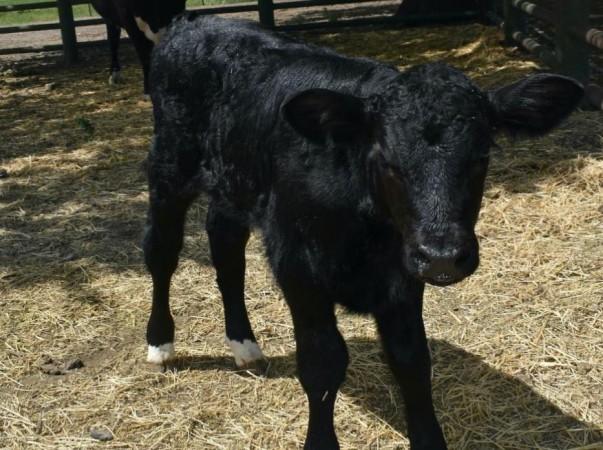
A new study conducted by a team of scientists at the University of California, Davis has succeeded in successfully producing a bull calf named Cosmo, who upon its adulthood will produce more male offspring. In order to achieve this, scientists made use of CRISPR technology to insert the sex-determining gene.
More details of the study
The study report was recently presented at the American Society of Animal Science meeting. In their report, researchers revealed that they inserted or knocked-in the cattle SRY gene, which is responsible for initiating male development, into a bovine embryo.
"We anticipate Cosmo's offspring that inherit this SRY gene will grow and look like males, regardless of whether they inherit a Y chromosome," said Alison Van Eenennaam, animal geneticist with the UC Davis Department of Animal Science, in a recent statement.
Van Eenennaam also revealed that this new development could revolutionize the beef production sector. It should be noted that male cattle are about 15 percent more efficient at converting feed into weight gain when compared to females. The environment will be also benefitted as more quantity of beef can be produced with fewer cattle.
When will Cosmo reach maturity?
Joey Owen, a postdoctoral researcher in animal science who is leading the project with Van Eenennaam revealed that the newborn Cosmo weighs 110 pounds.
"It took two and a half years to develop the method to insert a gene into the developing embryo and another two years to successfully establish a pregnancy," said Owen.
Calling the birth of Cosmo, a real labor of love, Eenennaam claimed that the birth of this bull calf is just a beginning in research that will be carried out in the next few years. Within one year, Cosmo will reach maturity, and he will be bred to study whether the inheriting the SRY gene on chromosome 17 is sufficient to trigger the male developmental pathway.

















